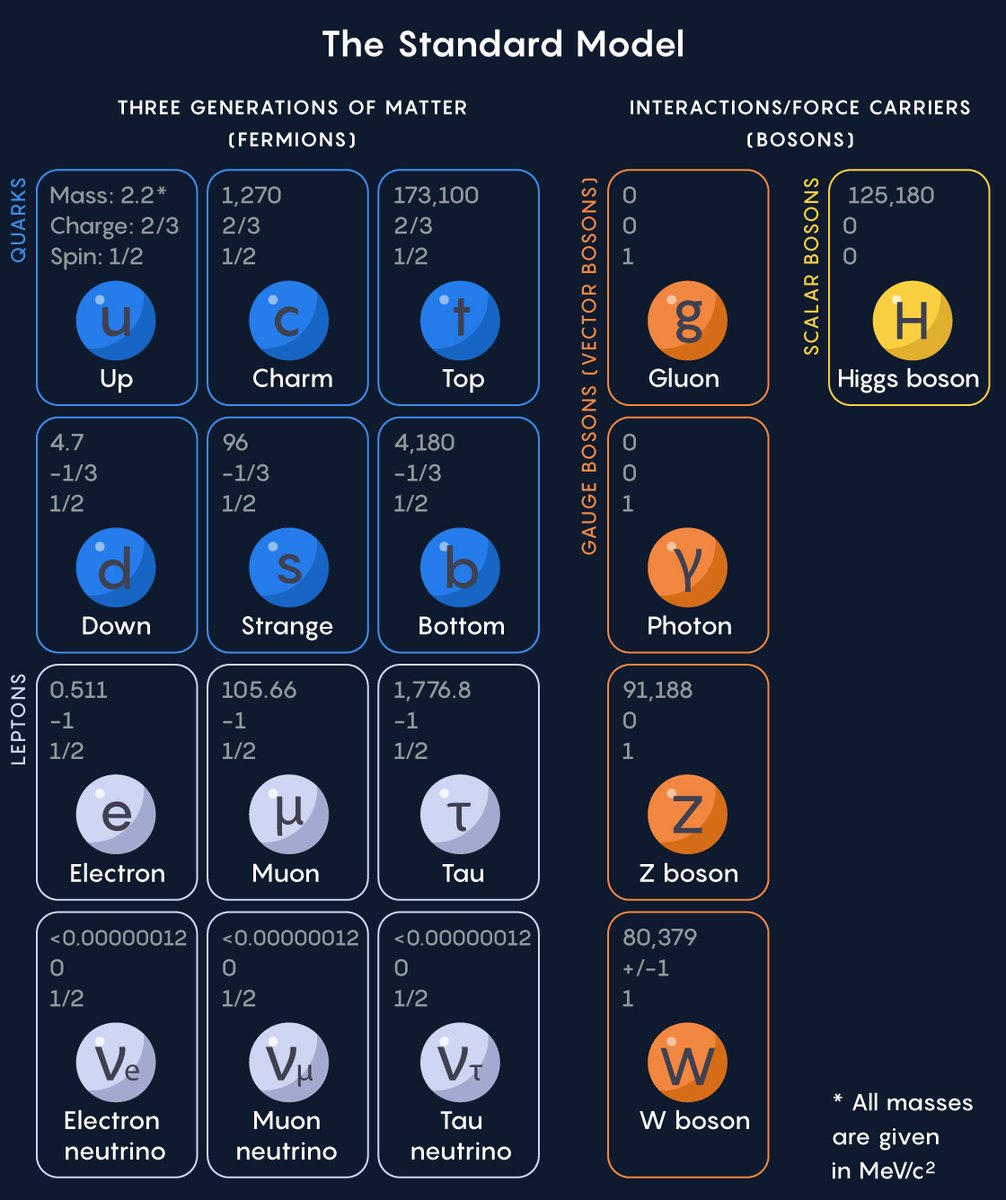
In the 1970s, Steven Hawking proposed that information that falls into a black hole gets destroyed, never to be retrieved. A series of breakthrough papers have now shown that’s not correct. Here’s a thread about the famous black hole information paradox:
According to Einstein’s general theory of relativity, the gravity of a black hole is so intense that nothing can escape it. Hawking’s “semiclassical” approach brought together quantum mechanics and relativity and predicted the famous information paradox.
Now, theoretical physicists have demonstrated that additional semiclassical effects emerge in older black holes, allowing information to spill out.
The mathematical key to the new work lies in a calculation called the Page curve, which reflects the changes in a black hole’s entanglement entropy as it ages. 

If black holes gain then lose entanglement entropy, following the Page curve, information is able to escape. 

Calculating the entanglement inside a black hole has brought together a Rube Goldberg-like succession of nearly every concept in fundamental physics: emergent space-time, quantum entanglement and quantum computers.
While physicists have no idea *how* the information gets out, almost all agree that space-time itself seems to fall apart at a black hole, implying that space-time is not the root level of reality, but an emergent structure from something deeper.
Read the second chapter of our four-part series on the hidden structure of the universe here: quantamagazine.org/the-black-hole…
The third chapter of our Hidden Structure series will be released tomorrow: quantamagazine.org/the-hidden-str…
Correction: Stephen Hawking's name was misspelled in this tweet. We apologize for the error.
• • •
Missing some Tweet in this thread? You can try to
force a refresh







